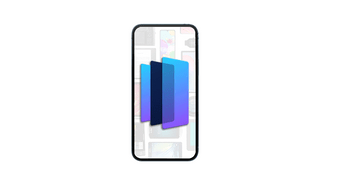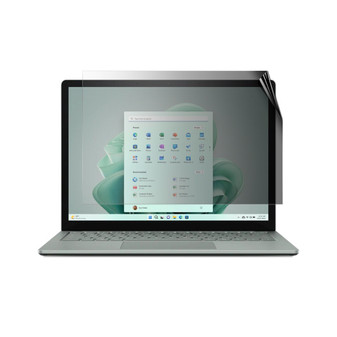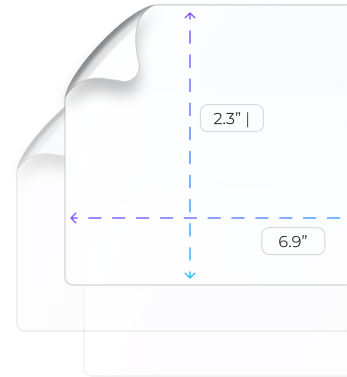Popular Manufacturers

Featured Products
Shop By Product

Custom Cut Screen Protectors
Precision-cut screen protectors from our product lines customised to the exact dimensions you require.
Order NowProduct Samples
Not sure which type of screen protector to choose? Want to test the look and feel on your screen first? Grab one of our swatches today.
Order Now
Screen Protection and Enhancement for all your devices
Whether you're looking to preserve the pristine look, reduce glare, protect against shocks, or safeguard your privacy,then we've got you covered. With an extensive catalogue supporting over 20,000 unique devices from an array of manufacturers, we've got the screen protector you need.
Business Customers
|From bespoke projects and tailored solutions to preferential pricing and volume discounts, ViaScreens is your go-to screen protection partner.





























